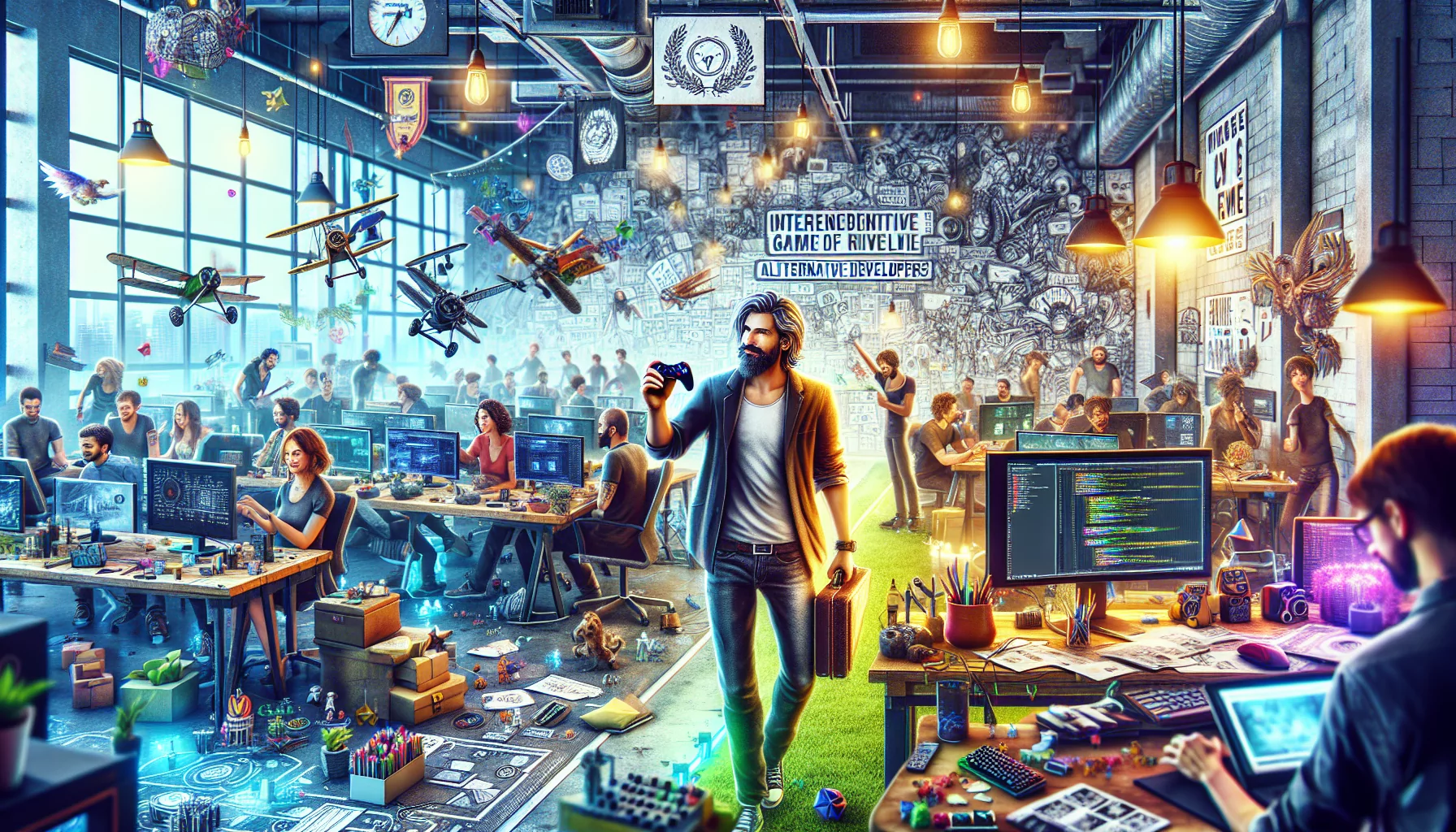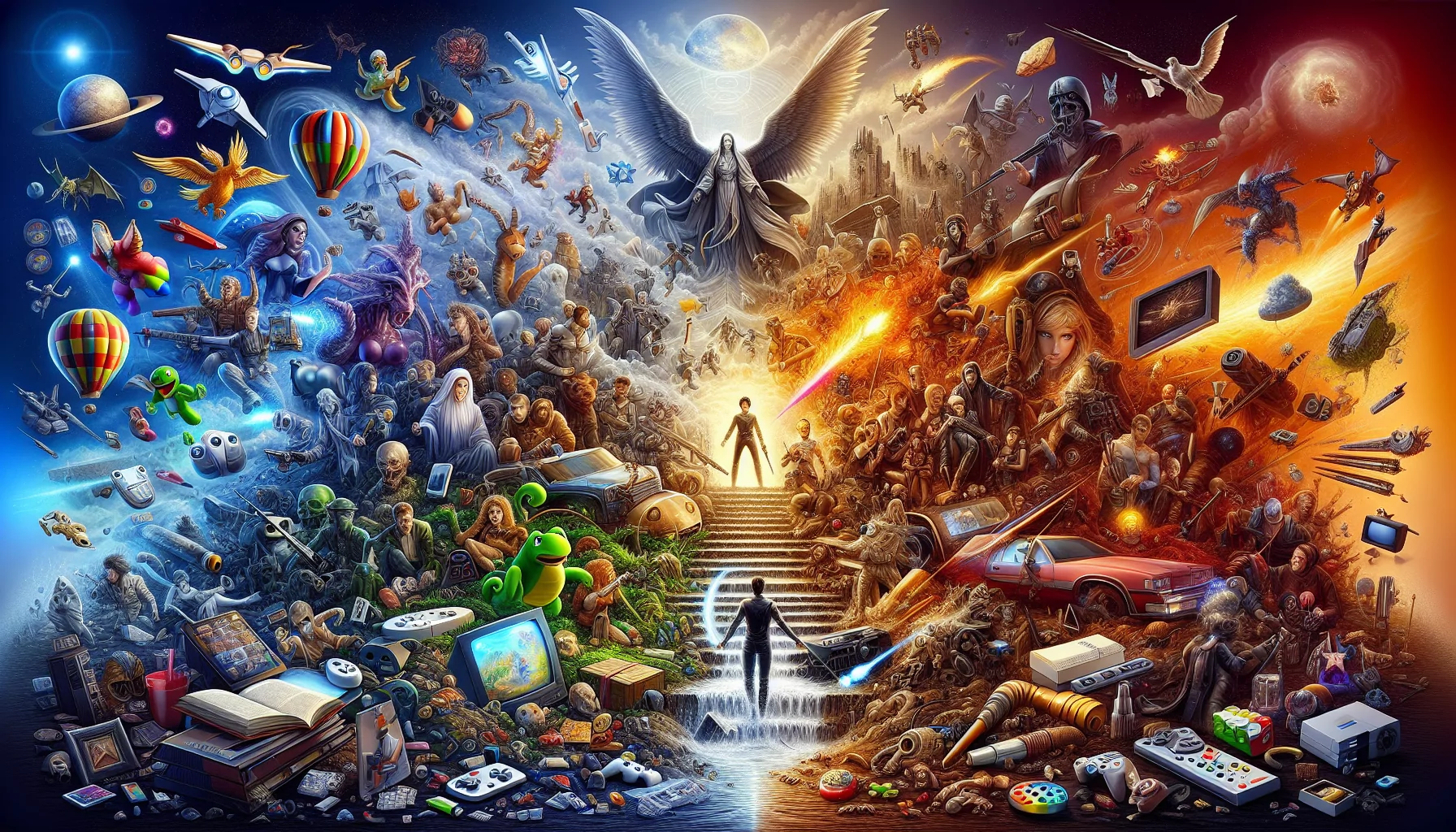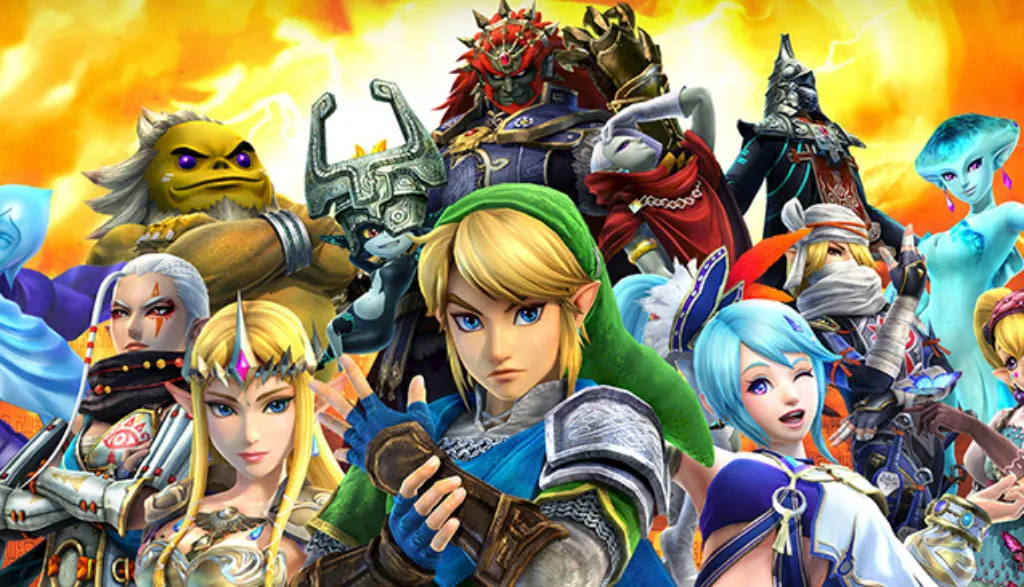Adverts
Drawn to the dark and irresistible side of the narratives, many viewers find themselves mesmerized by charismatic villains who challenge the boundaries between good and evil.
These antagonists, with their complex personalities and compelling motivations, not only steal the show, but also capture the imagination and hearts of millions of people around the world.
Adverts
But what exactly is behind this magnetism? And why are we so willing to embark on its tortuous journeys? 🌑✨
Exploring the psychology behind the fascination with charismatic villains is like unraveling a mystery full of nuances and complexities. While heroes represent unshakable virtues and values, villains invite us to question and reflect on human nature in a deeper way.
Adverts
This article delves into what makes these characters so captivating, from their origin stories to the narrative strategies that make them unforgettable.
The journey continues as we look at how pop culture, film and television productions have evolved to offer villains who are more than mere obstacles for the protagonists. They are often mirrors of human weaknesses, bearers of stories of redemption or simply figures with whom we secretly identify. 🔍
Understanding these aspects can help us further appreciate the emotional and intellectual impact such characters have on us.
Finally, the text also addresses the role of social media and online communities in amplifying the cult of villains. The heated discussions and dedicated fanbases contribute to the perpetuation of the fascination with these complex characters, fueling debates that go beyond the screen.
Attracted by the dark side, we are led to question the boundaries between fiction and reality, between good and evil, between reason and emotion. Are you ready to be seduced by this captivating narrative? 🌟📽️
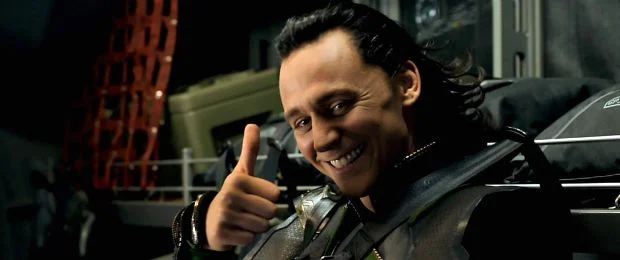
The irresistible charm of villains
Ah, villains! The kind of character we all love to hate, but also can't help but love. 🎭 On the big and small screens, they have an irresistible charm that leaves us hypnotized, almost as if they were pulling us to the dark side of the force. But what exactly is it that makes us sympathize with these bad guys so much? Well, first of all, they are complex. No one is interested in a villain who is bad just for the sake of being bad. We need a good background, a childhood trauma or, who knows, a brilliant mind with Machiavellian plans. After all, who doesn't enjoy a little drama?
And of course, irony is a powerful tool here. A villain with a sharp sense of humor and the ability to deliver a punchline at a crucial moment can quickly become a crowd favorite. Think of Loki from the Marvel universe. No matter how many times he tries to destroy the world, his charm and comedic quips always leave us wanting more. Plus, many villains reflect dark aspects of society or even traits we recognize in ourselves. So, who hasn’t found themselves secretly rooting for the villain to turn things around?
The moral duality that intrigues us
One of the most fascinating things about villains is the moral duality they present. They force us to question what is truly right or wrong, challenging our notions of morality. When we watch a villain who has his own reasons, his own justifications for his actions, we find ourselves faced with an ethical dilemma. After all, is he really that wrong? 🤔
Some villains even manage to convince us to sympathize with their causes, showing that, in their own eyes, they are the heroes of their stories. This type of narrative makes us reflect on our own beliefs and values, questioning whether we are really that different from the villains we see on screen. So, is it possible to root for the Joker to find some peace or for Darth Vader to redeem himself for his sins?
The art of creating thought-provoking villains is a talent that few screenwriters master, but when they do get it right, the impact is lasting. This moral complexity is an invitation to see the world from different angles, a true emotional rollercoaster that keeps us on the edge of our seats.
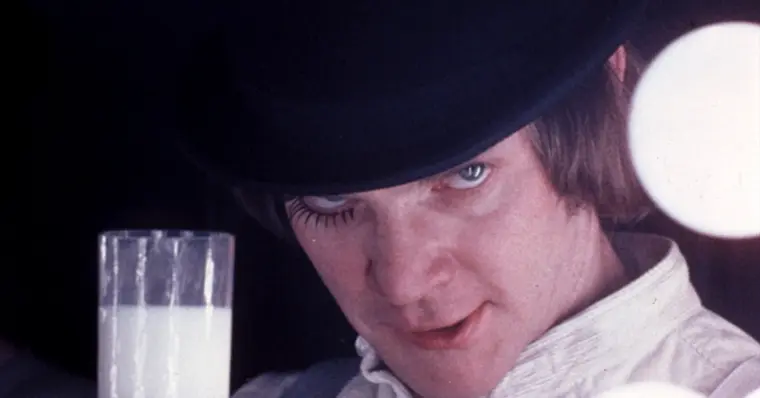
The Evolution of Villains in Pop Culture
Villains in pop culture aren’t what they used to be. If you think about it, they’ve evolved significantly over the decades. In the past, villains were often portrayed as one-dimensional, evil characters with no trace of empathy. These days, things have changed quite a bit. 🎬
These days, we see villains who are just as complex and well-developed as the heroes themselves, and sometimes even more so. Think of Thanos from the Marvel universe, who not only had a well-articulated plan for the balance of the universe, but also an emotional depth that made us question whether he was really the villain of the story. Or Walter White from “Breaking Bad,” whose transformation from a good-natured chemistry teacher to a meth kingpin made us root for him, even when his actions were morally questionable.
This evolution of villains in pop culture is a reflection of our own understanding that the world is not black and white. Shades of gray are more appealing and, frankly, more realistic. After all, life is not a story of heroes and villains; it is a narrative of complex people doing the best they can under difficult circumstances.
The impact of villains on social media
We can't talk about charismatic villains without mentioning the impact they have on social media. When a villain stands out, it's only a matter of time until memes, fan art, and conspiracy theories take over Twitter, Instagram, and TikTok. 📱
The power of a charismatic villain to go viral is immense. They become cultural icons, transcending the screens to enter our digital daily lives. How many times have you come across an iconic quote from a villain used out of context in a hilarious post? Or seen a parodied version of the same in a viral video? This happens because villains not only intrigue us, but also provide us with rich material to discuss, reinterpret and joke about.
These digital interactions also fuel the popularity of villains, generating communities of fans who come together to debate every detail of their personalities and actions. In this way, villains are not just antagonists in the narrative; they become part of an ongoing cultural dialogue that goes beyond the boundaries of the fictions in which they were created.
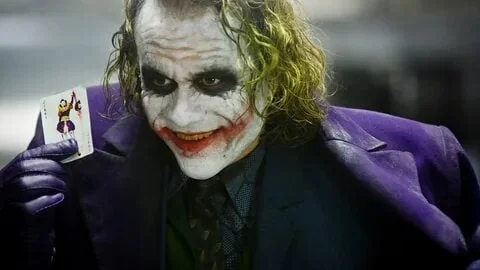
Villains as reflections of society
Finally, we cannot ignore how villains often reflect society’s issues and anxieties. They are more than just evil characters; they are mirrors that show us dark aspects of the world we live in. 🌍
Think about how villains like the Joker address issues of mental health and social inequality. Or how Thanos raises issues of limited resources and environmental impact. These villains become vehicles for us to discuss important issues, allowing us to confront our fears and concerns through the lens of fiction.
It’s intriguing to see how villains can often be more human than the heroes themselves. They remind us that evil is not a distant entity, but something that can be present in each of us, depending on the circumstances. This ability to mirror society is what makes villains so fascinating and, at the same time, disconcerting.
Conclusion
Attracted to the dark side, charismatic villains have fascinated audiences over the years, and this attraction is no coincidence. 📺 Initially, these characters offer a complexity that defies traditional norms of good versus evil, providing fertile ground for reflection and critical analysis. They are built with layers of personality, which sometimes reveal past traumas or understandable motivations, which generates empathy and even admiration. Therefore, by exploring moral duality, these villains allow viewers to reflect on their own beliefs and values.
Furthermore, the engaging narrative and masterful performances of talented actors transform villains into cultural icons, often more memorable than the heroes themselves. After all, who has never found themselves admiring the sharp intelligence and undeniable charisma of a well-constructed antagonist? In other words, the relationship between the audience and the villain goes beyond entertainment, arousing curiosity about human nature and the circumstances that shape our behavior.

